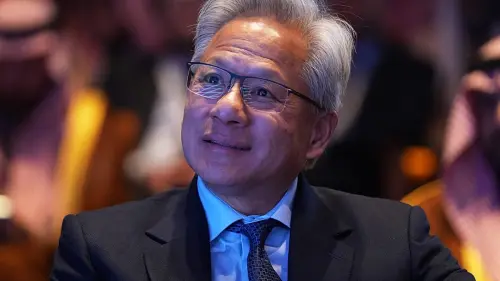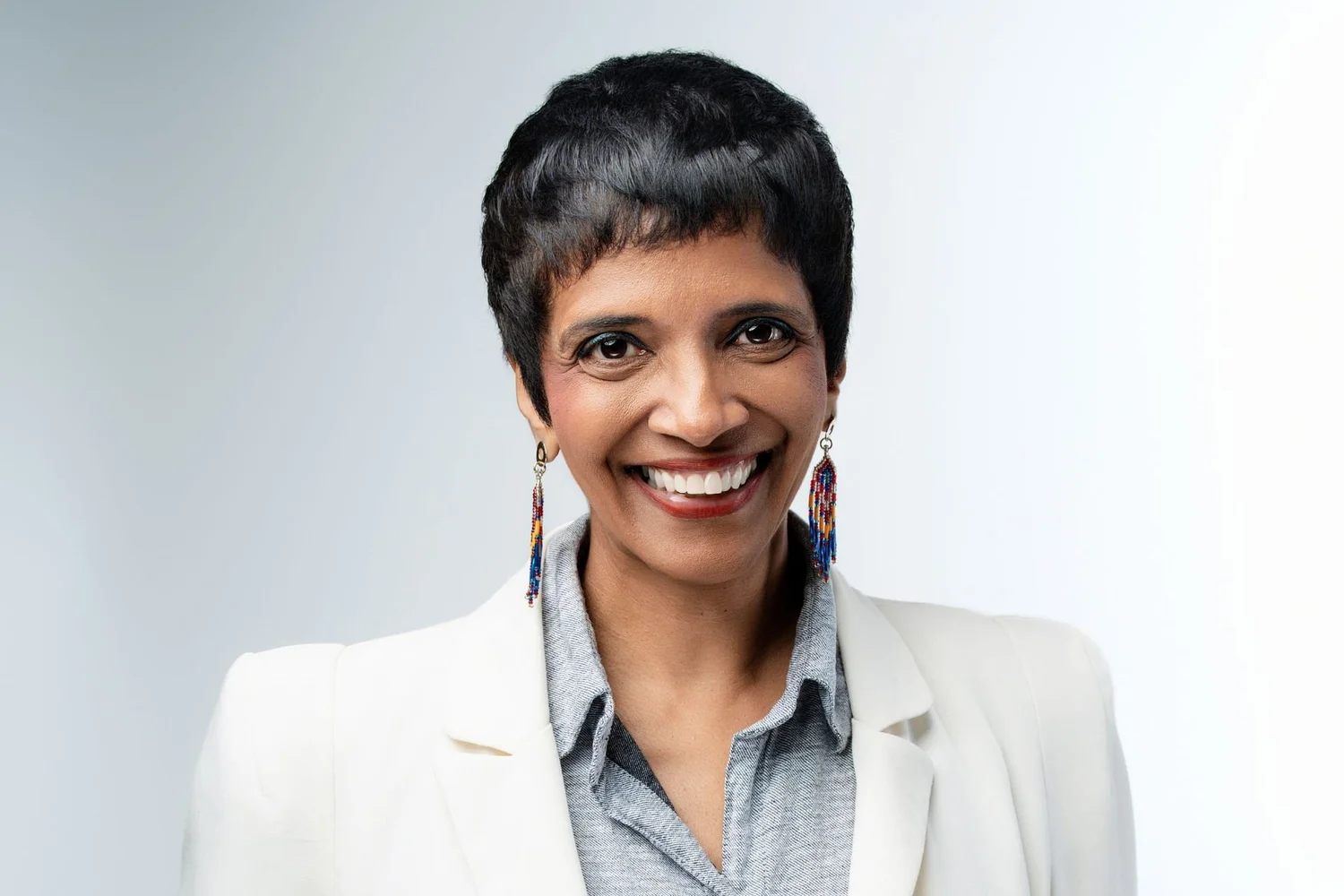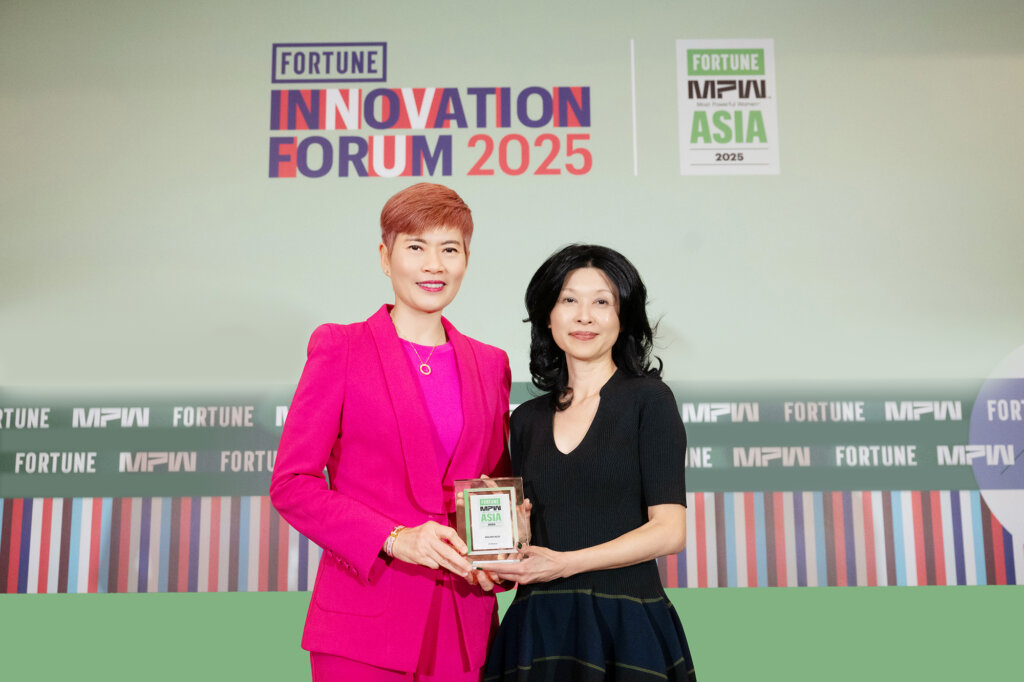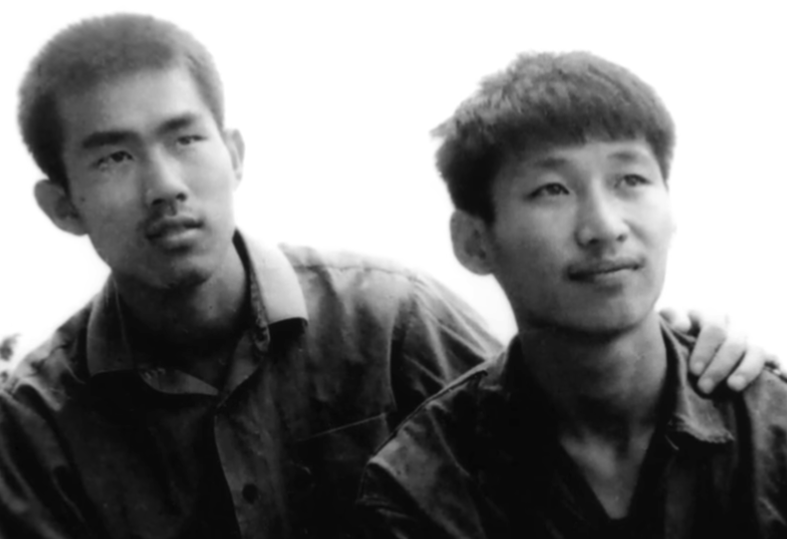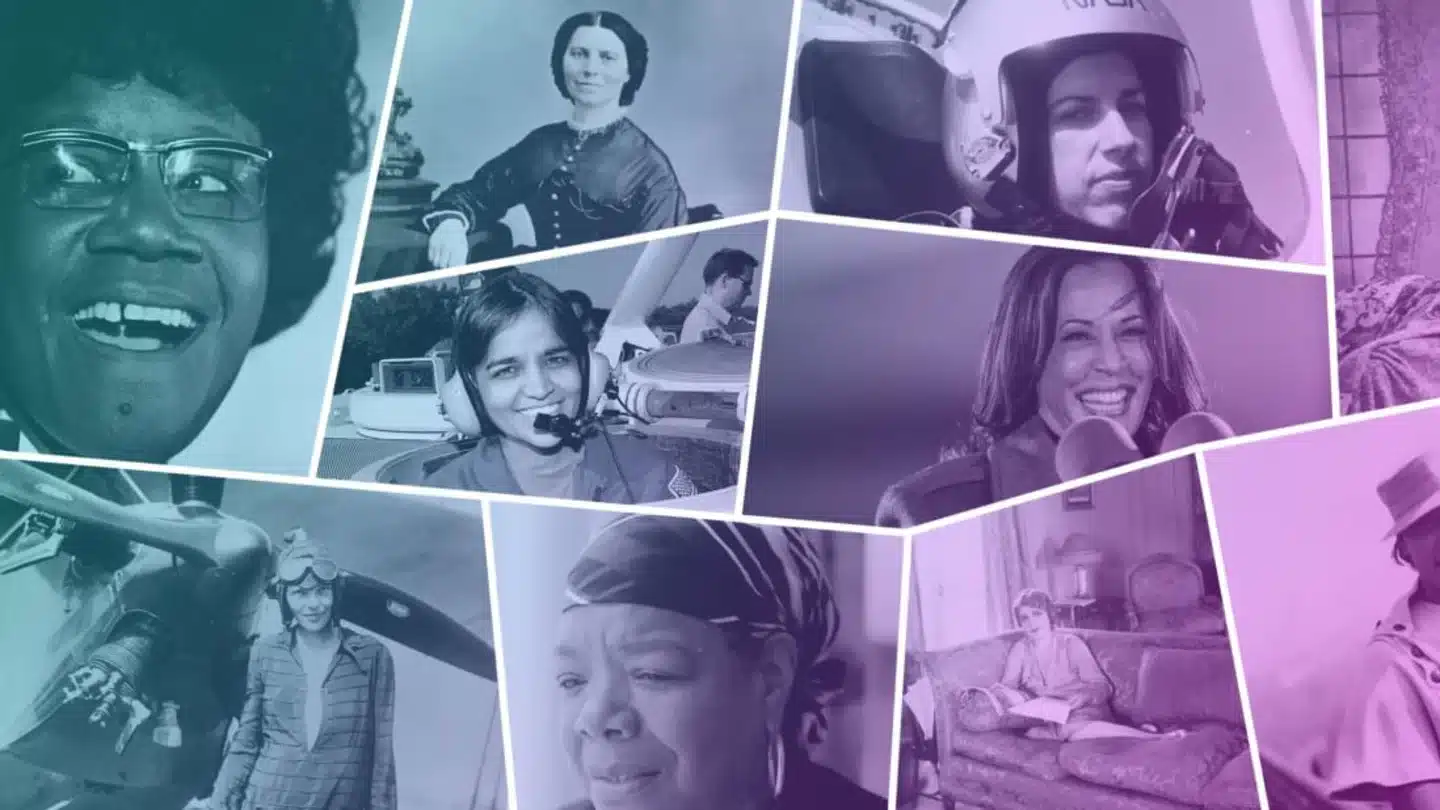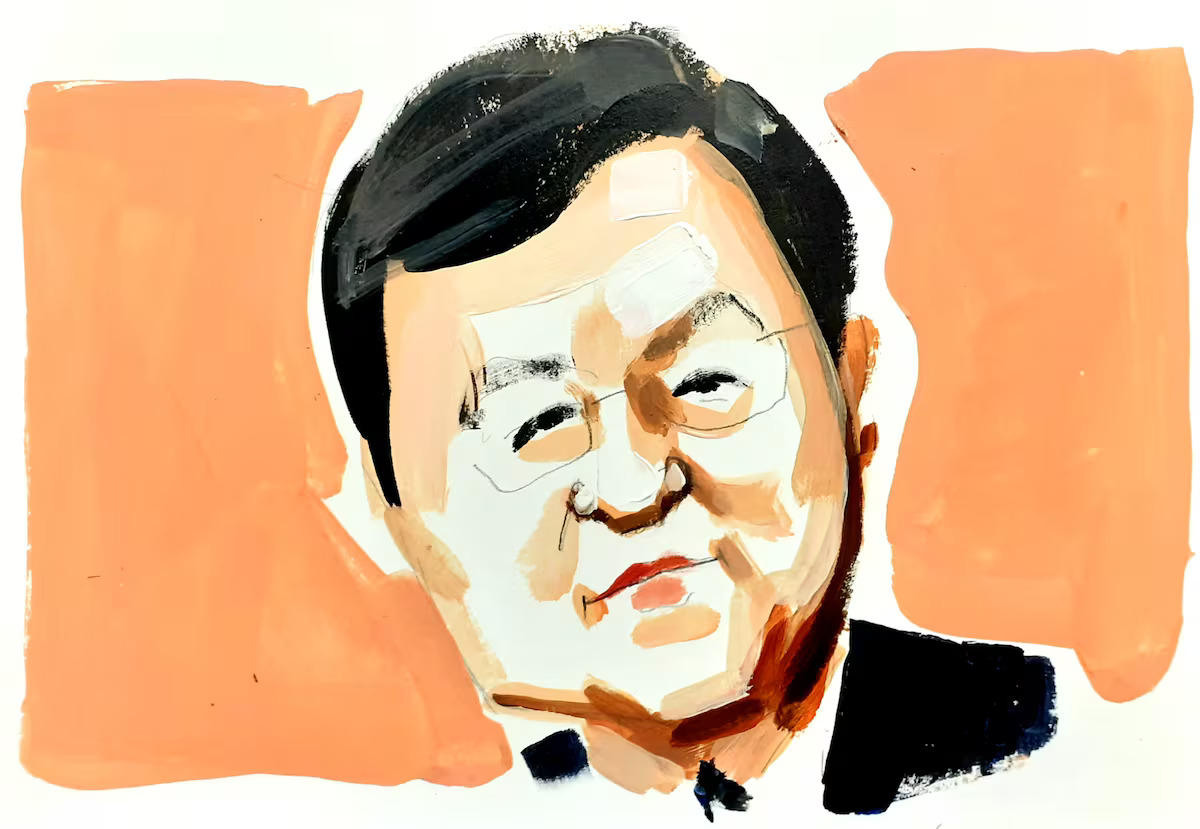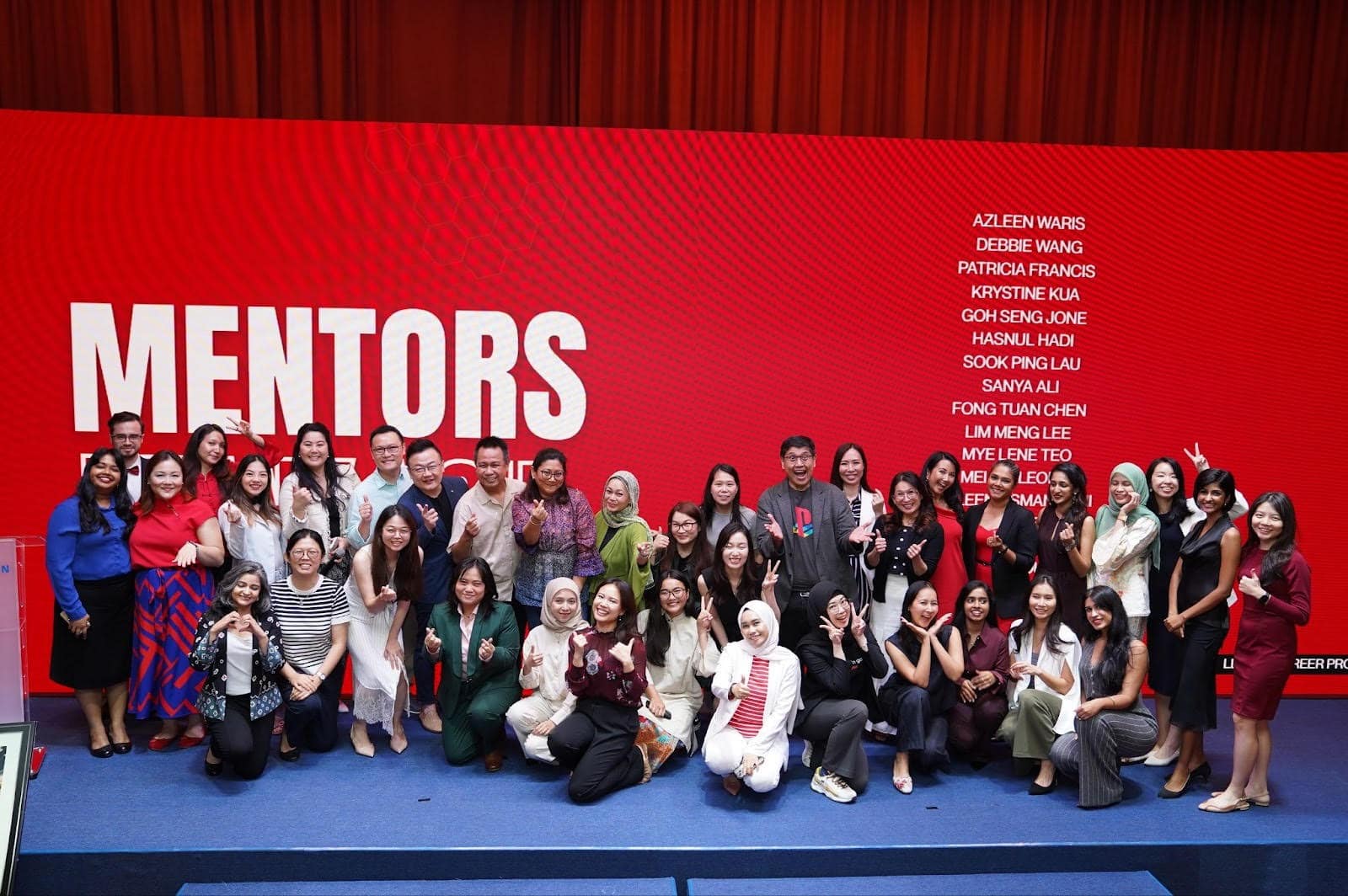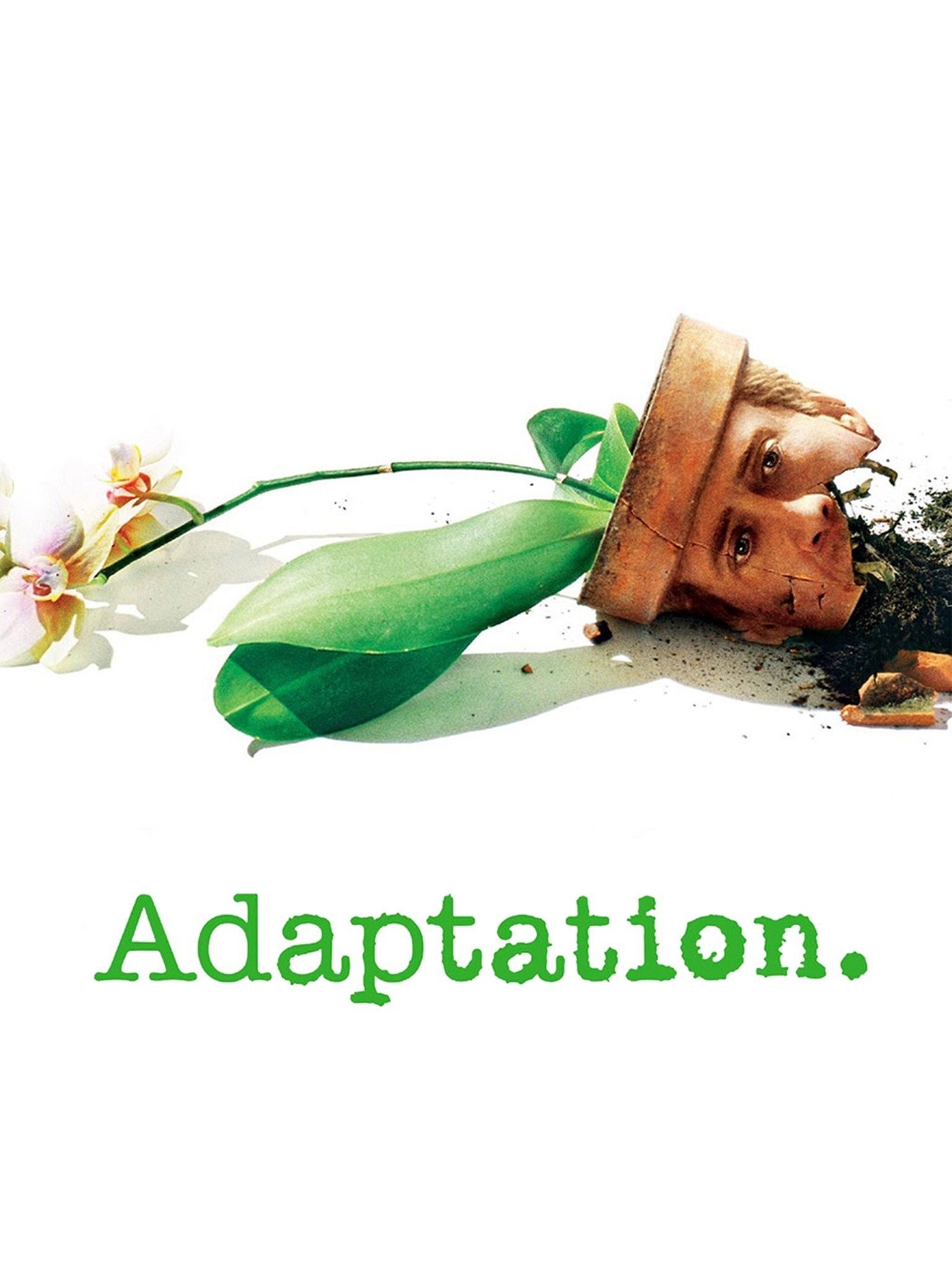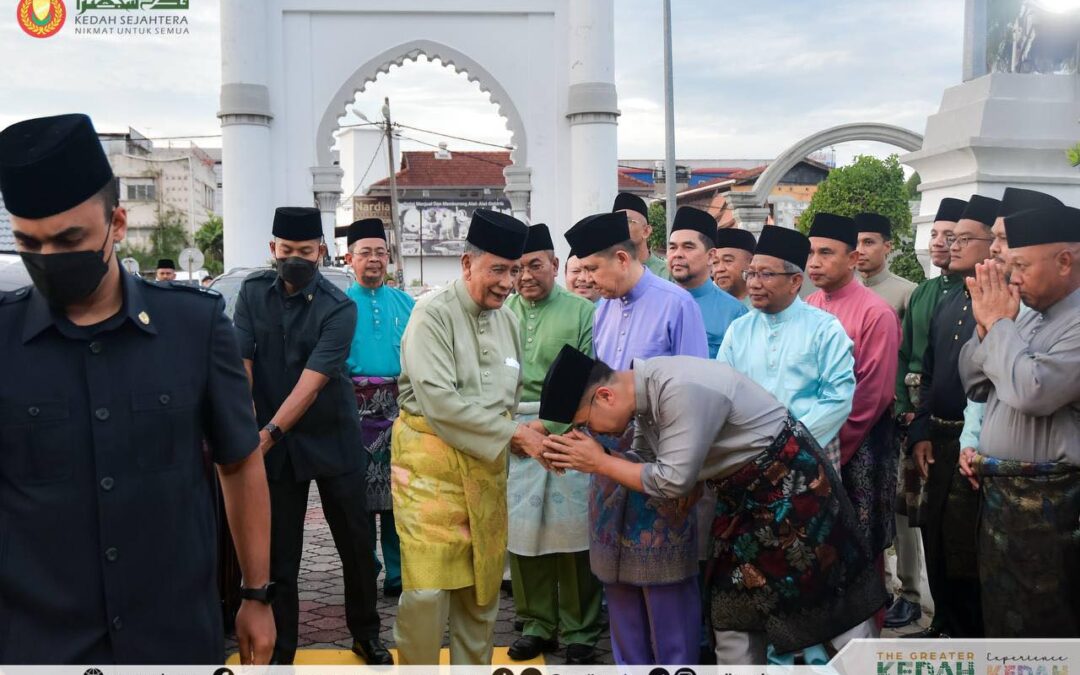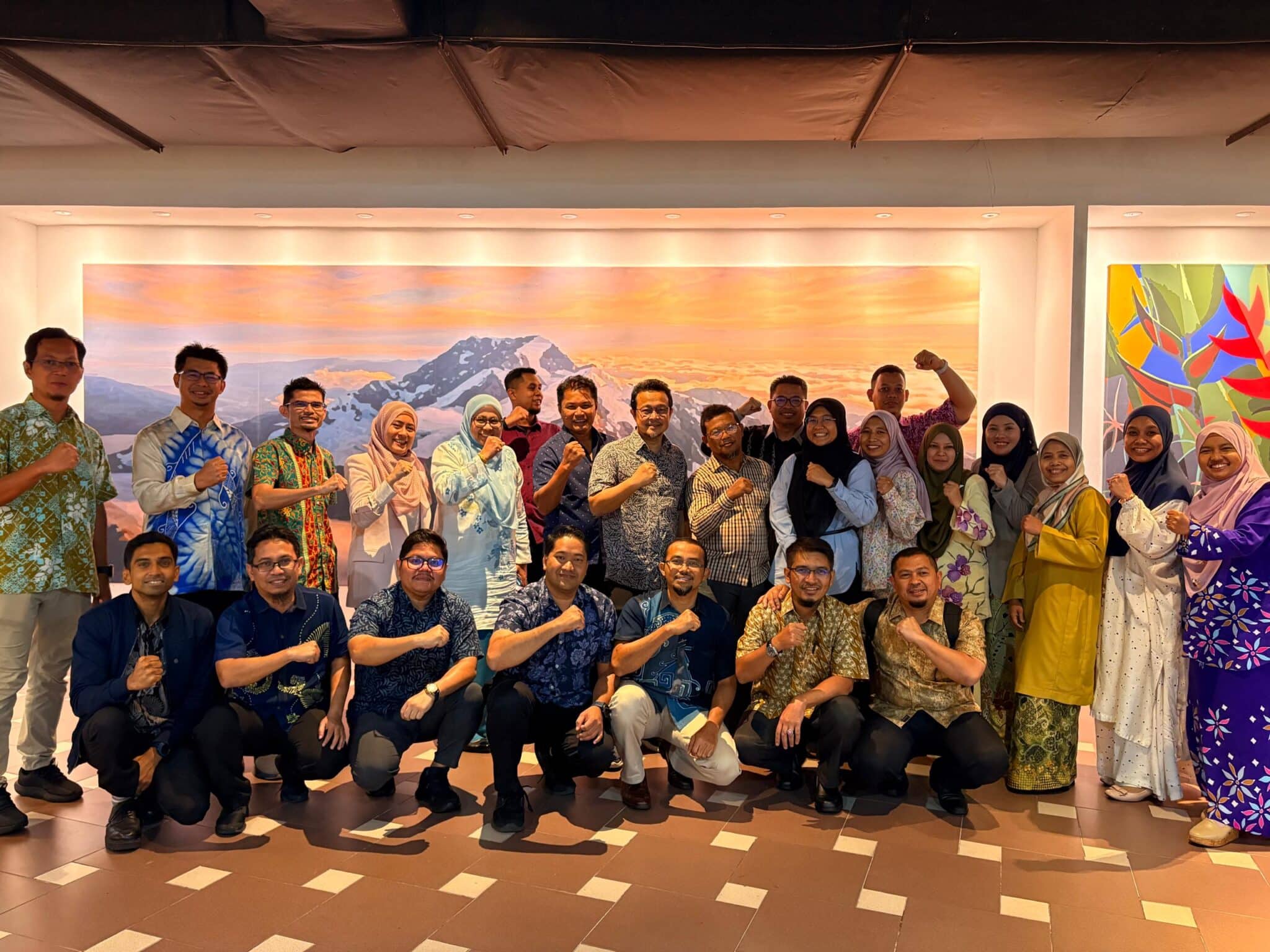The trajectory of a nation or an institution is often shaped by the leadership of a single individual. History has shown that the right leader can inspire transformation, while the wrong one can lead to decline. Leaders who challenge the status quo, make bold decisions, and foster long-term sustainability often leave behind a legacy of progress.
Two compelling examples of transformational leadership I have been following come from different worlds – Ibrahim Traoré, the young president of Burkina Faso, and Satya Nadella, the CEO of Microsoft.
Though their domains differ – one leading a nation, the other a multinational corporation – their leadership styles reveal striking similarities. Both inherited struggling systems and sought to break free from outdated models, redefine strategic direction, and instill a culture of self-reliance and innovation.
This raises a fundamental question: Who is the right leader? What qualities define transformational leadership?
The Power of One Leader in National and Institutional Change
Ibrahim Traoré: A Bold Leader Reshaping a Nation
At just 35 years old, Ibrahim Traoré became the world’s youngest president when he took control of Burkina Faso in 2022. His leadership came at a turbulent time – Burkina Faso was grappling with political instability, economic hardship, and security challenges posed by militant insurgencies. His vision was clear: detaching the nation from its colonial past and building an independent, self-sufficient future.
Traoré’s approach is radical but calculated. He has taken bold steps to reduce France’s influence in Burkina Faso, cut ties with Western military aid that came with strings attached, and build new alliances with countries willing to support his vision without neocolonial interference. His emphasis on self-reliance, military strengthening, and national pride has resonated with many, especially the youth, who see in him a leader determined to change Burkina Faso’s fate.
Though his leadership comes with risks – confronting powerful external forces and dealing with internal divisions – his courage, decisiveness, and willingness to challenge the status quo demonstrate the power of a single leader in transforming a nation’s trajectory.
Satya Nadella: Reinventing a Global Institution
On the institutional front, Satya Nadella offers a compelling case study in corporate transformation. When he became CEO of Microsoft in 2014, the company was stagnant, struggling to keep pace with competitors like Apple, Google, and Amazon. Microsoft had become bureaucratic, internally competitive, and slow to innovate.
Nadella transformed Microsoft’s vision, culture, and strategic focus.
- He shifted the company from Windows-centric thinking to a cloud-first approach, making Azure one of the world’s top cloud computing platforms.
- He embraced open-source software and collaboration, marking a stark contrast to Microsoft’s previous hostility toward competitors.
- He promoted a growth mindset, encouraging employees to embrace learning, collaboration, and customer-centric innovation.
- He spearheaded major acquisitions, including LinkedIn, GitHub, and Activision Blizzard, positioning Microsoft as a powerhouse across various industries.
Under his leadership, Microsoft became a leader in AI, investing heavily in OpenAI (ChatGPT) and embedding AI across its products.
The results speak for themselves: Microsoft’s market value skyrocketed from $300 billion to over $2.5 trillion, making it one of the world’s most valuable companies. Nadella’s leadership didn’t just save Microsoft – it made it stronger than ever.
Who is the Right Leader?
Leadership is not just about authority or competence- it’s about character, vision, and the ability to inspire change. Many leadership books outline the qualities of great leaders, emphasising integrity, adaptability, vision, and communication.
However, a timeless framework for leadership excellence can be found in the four key traits of Prophet Muhammad:
1. Siddiq (Truthfulness): The Foundation of Trust
A leader’s greatest asset is trust. Without credibility, leadership collapses. Truthfulness builds trust, fosters loyalty, and ensures people believe in the leader’s vision.
Ibrahim Traoré’s honesty about Burkina Faso’s dependence on foreign powers resonated with the people. He openly called out neocolonial influence and took tangible steps to break free, reinforcing his authenticity.
Satya Nadella’s transparency about Microsoft’s challenges and his commitment to rebuilding trust internally helped unite employees around a new vision.
2. Amanah (Trustworthiness): Leadership as a Responsibility
A great leader understands that leadership is a sacred trust, not a privilege. True leaders prioritise the well-being of their people over personal gain.
Traoré’s commitment to national sovereignty shows that he sees leadership as a responsibility, not a means for self-enrichment.
Nadella’s approach to leadership was about restoring confidence in Microsoft, prioritising long-term value over short-term profits, and earning the trust of employees, investors, and customers.
3. Fathonah (Intelligence and Wisdom): Navigating Complexity
Leadership requires not just intelligence, but wisdom – the ability to analyse, anticipate challenges, and make strategic decisions.
Traoré has strategically balanced risk and diplomacy, strengthening ties with nations that align with Burkina Faso’s goals while avoiding total isolation.
Nadella foresaw the shift toward cloud computing and AI, positioning Microsoft as a future-proof tech giant.
4. Tabligh (Effective Communication and Advocacy)
A great leader must inspire and mobilise people. Without clear messaging, even the best ideas fail to gain traction.
Traoré’s strong rhetoric on sovereignty and self-reliance has united many in Burkina Faso.
Nadella’s communication skills helped reshape Microsoft’s internal culture, rallying employees around a shared vision of innovation and reinvention.
What About Higher Education Leadership?
If leaders like Traoré can transform nations and leaders like Nadella can reinvent global institutions, what about leaders of higher education institutions?
How Can Malaysian Universities Become Drivers of Entrepreneurship and Innovation?
Malaysia aspires to be a knowledge-driven economy, yet universities remain largely traditional in structure and function. Institution like UMK (Universiti Malaysia Kelantan) has been successful in nurturing student entrepreneurs, but despite being a young and small university, can it take a bolder step to elevate Malaysia as a hub for innovation-driven entrepreneurship?
Key questions arise:
- Should universities redefine their role? Should they go beyond academics and become innovation hubs that directly impact industry and society?
- Should they embrace a startup mindset? Universities could create venture-building programmes, university-led incubators, and more direct commercialisation of research.
- Should they rethink leadership selection? Do Malaysian universities have leaders who are visionary, entrepreneurial, and willing to challenge outdated educational models?
Can they shift from knowledge dissemination to knowledge creation? Instead of just producing graduates, can universities create startups, new industries, and disruptive technologies?
If leaders in higher education embody the qualities of Traoré (bold decision-making) and Nadella (strategic reinvention), perhaps Malaysia could become a true innovation hub.
Conclusion: Are We Choosing the Right Leaders?
The future of nations, institutions, and universities depends on leadership. The right leader can build a nation, transform a company, or shape an education system to drive an economy forward. But transformation does not happen by chance – it happens through deliberate and strategic leadership selection.
As Malaysia seeks to strengthen its position as a knowledge-based economy, the key question remains:
Do we have the right leaders in the right places?
If not, how do we find and develop them?
The change must begin at the top – with the Ministry. Leadership appointments in higher education should not be dictated by political affiliations or personal interests, but rather by competence, integrity, and vision.
To drive real transformation, we need leaders who embody the four key leadership traits: siddiq, amanah, fathonah, and tabligh. By ensuring that leadership selection is merit-based, free from political bias, and focused on these essential qualities, we can elevate Malaysian universities into true hubs of innovation, entrepreneurship, and global excellence.
The real question is not where Malaysia is headed, but whether we have the right leaders to take us there
Note: Dr Azizi is a professor at the Malaysian Graduate School of Entrepreneurship and Business (MGSEB), Universiti Malaysia Kelantan. He can be contacted at [email protected]







